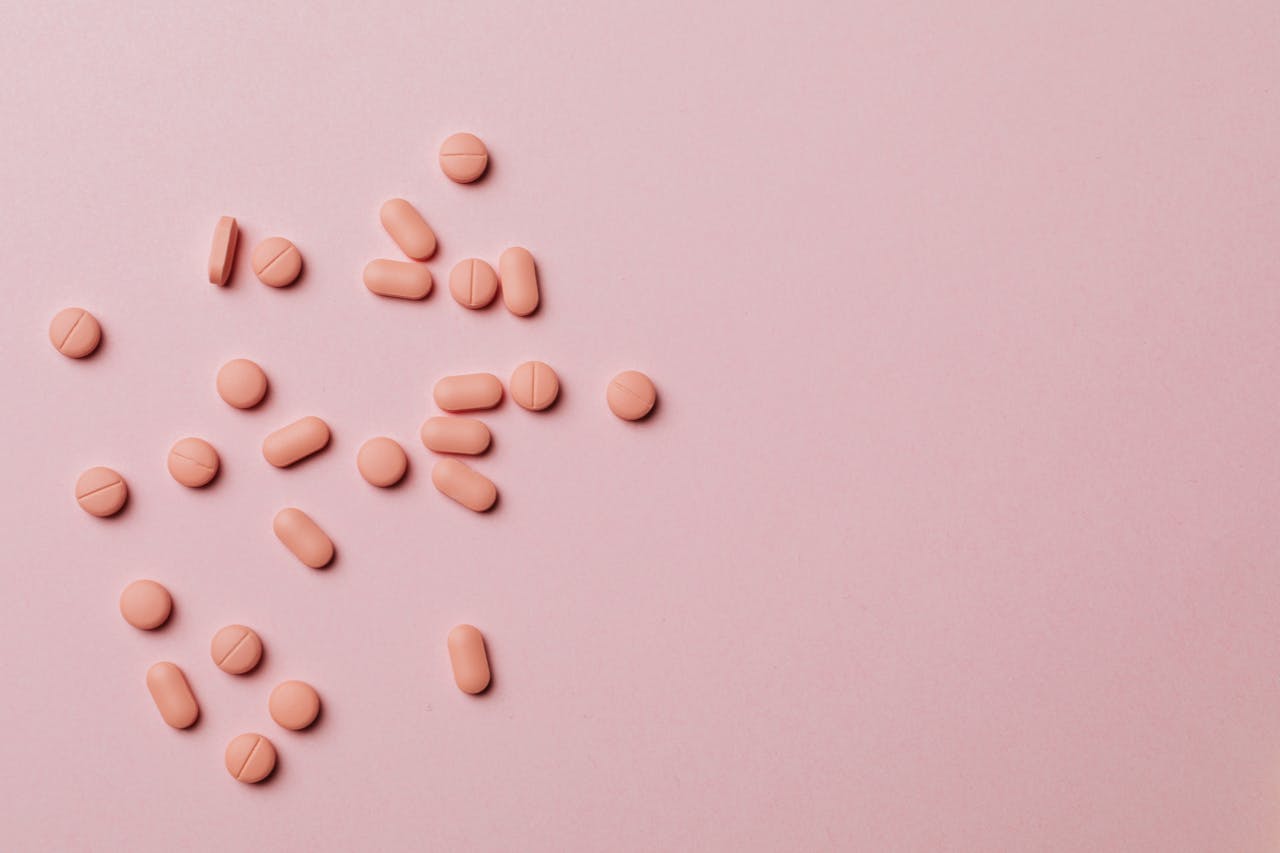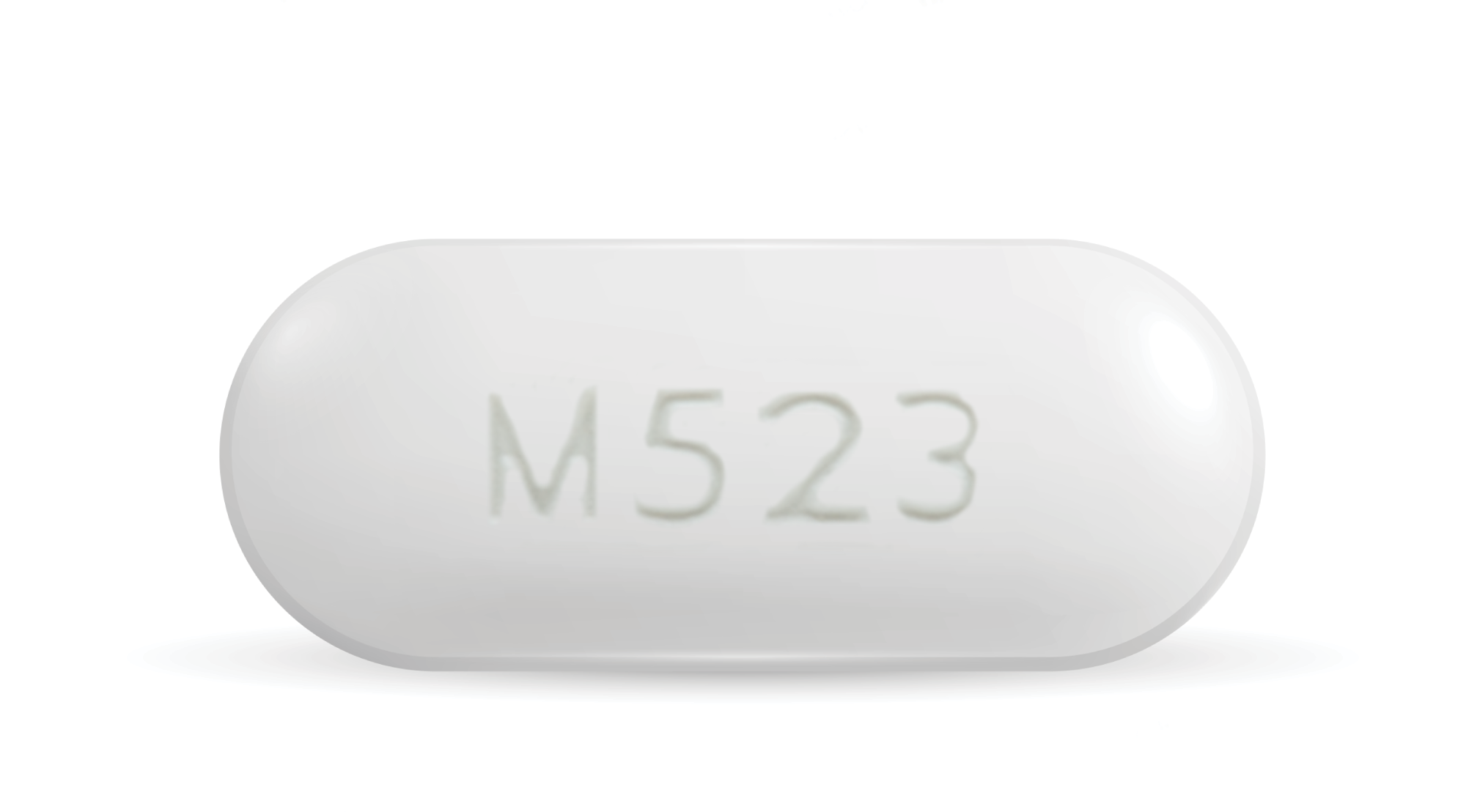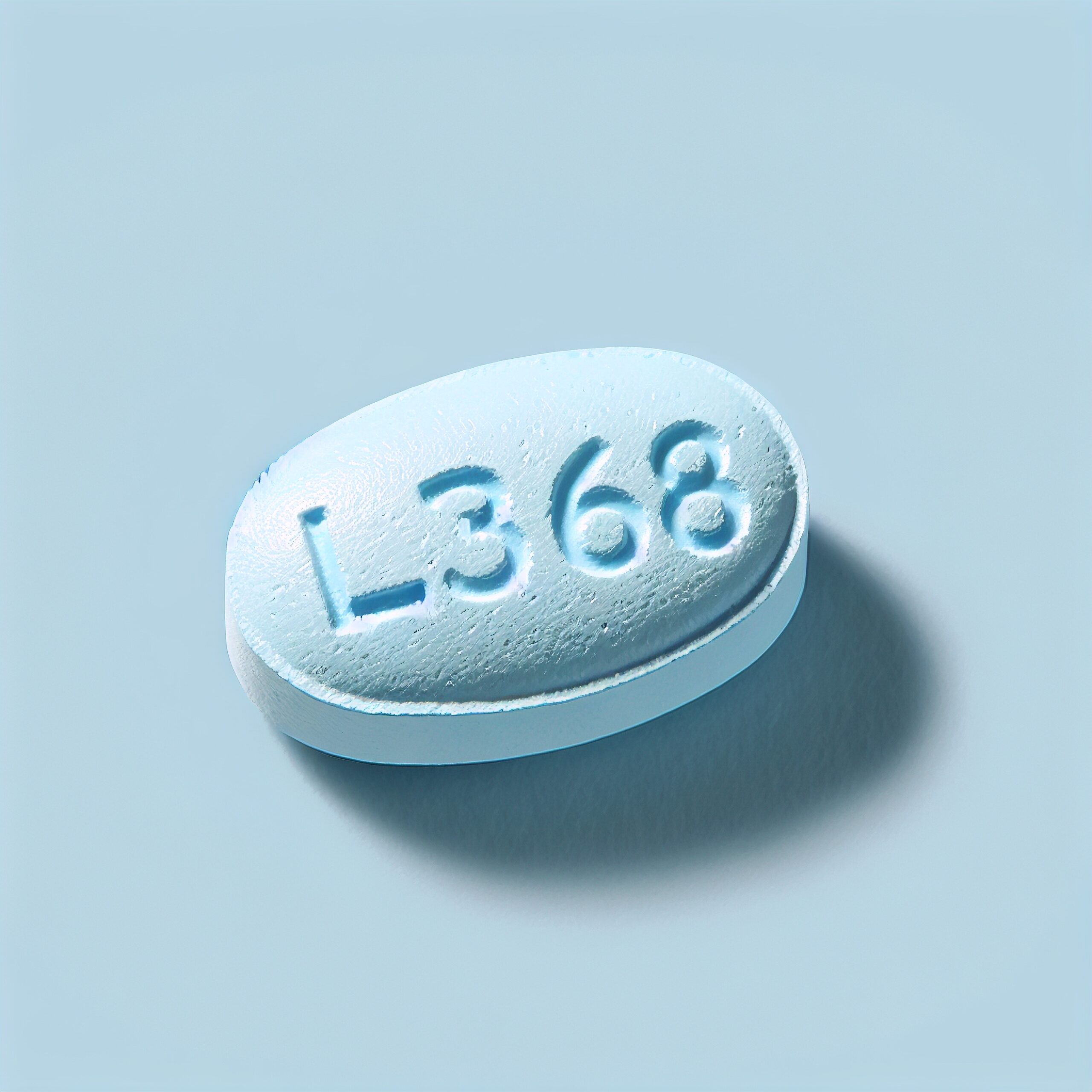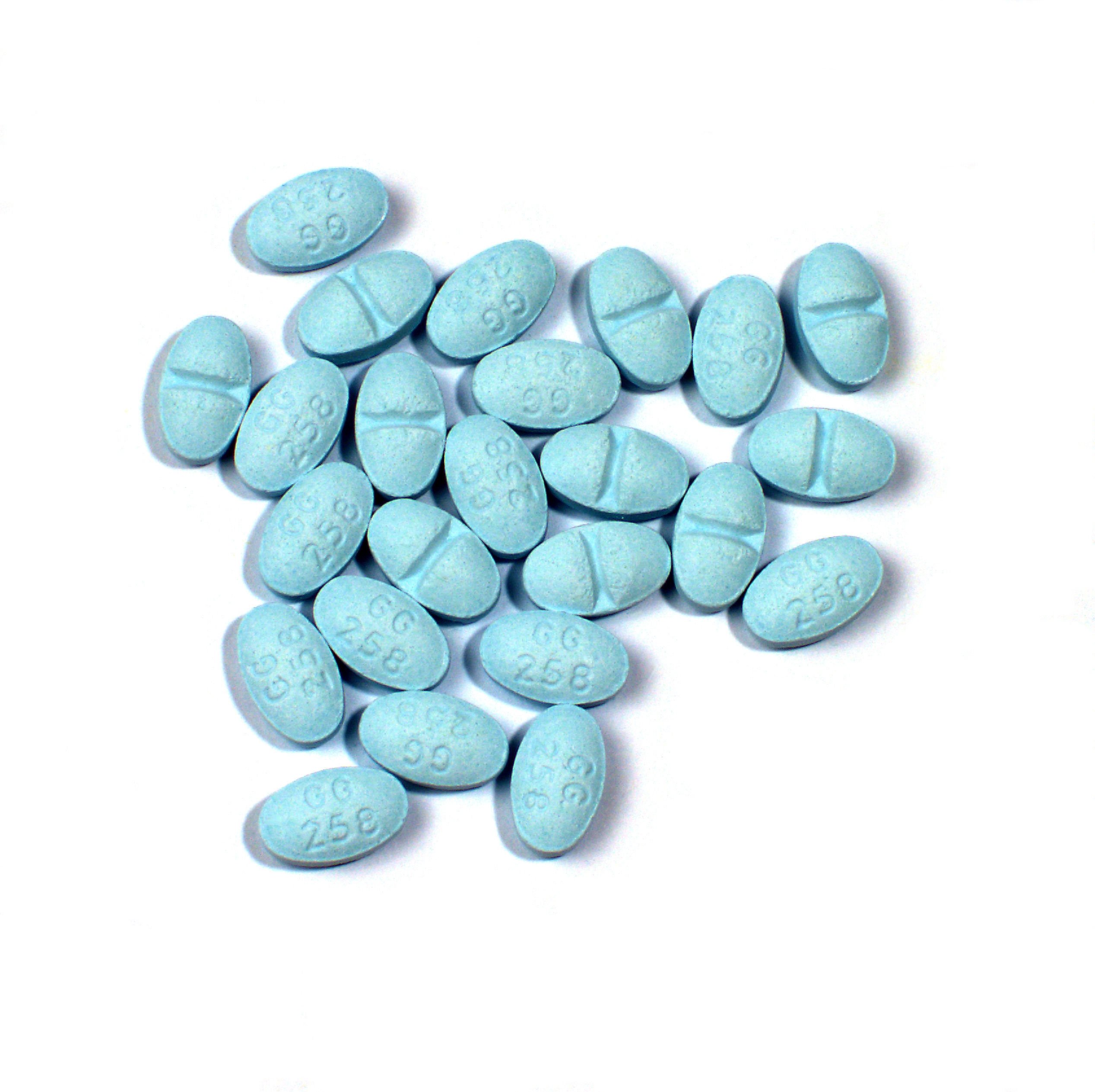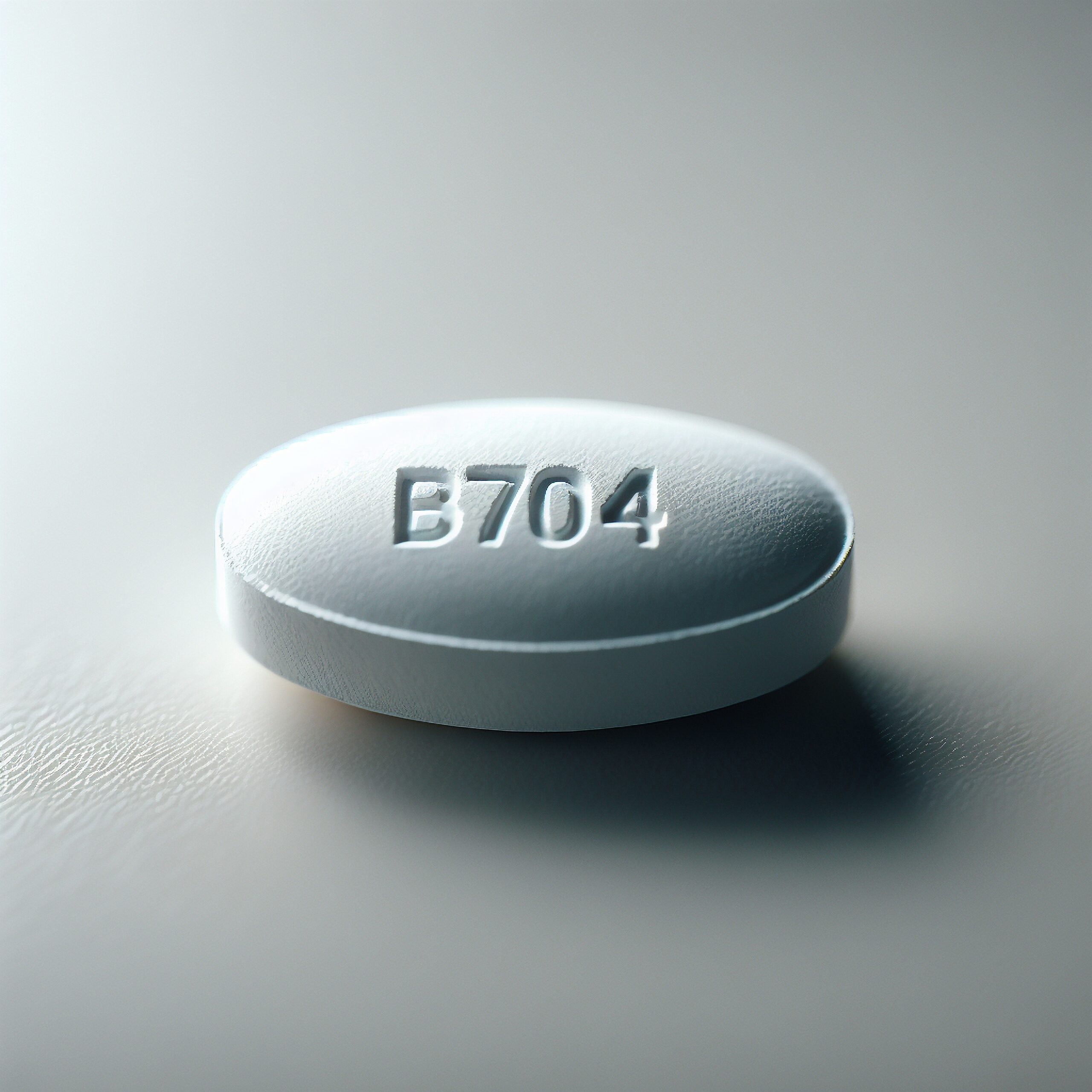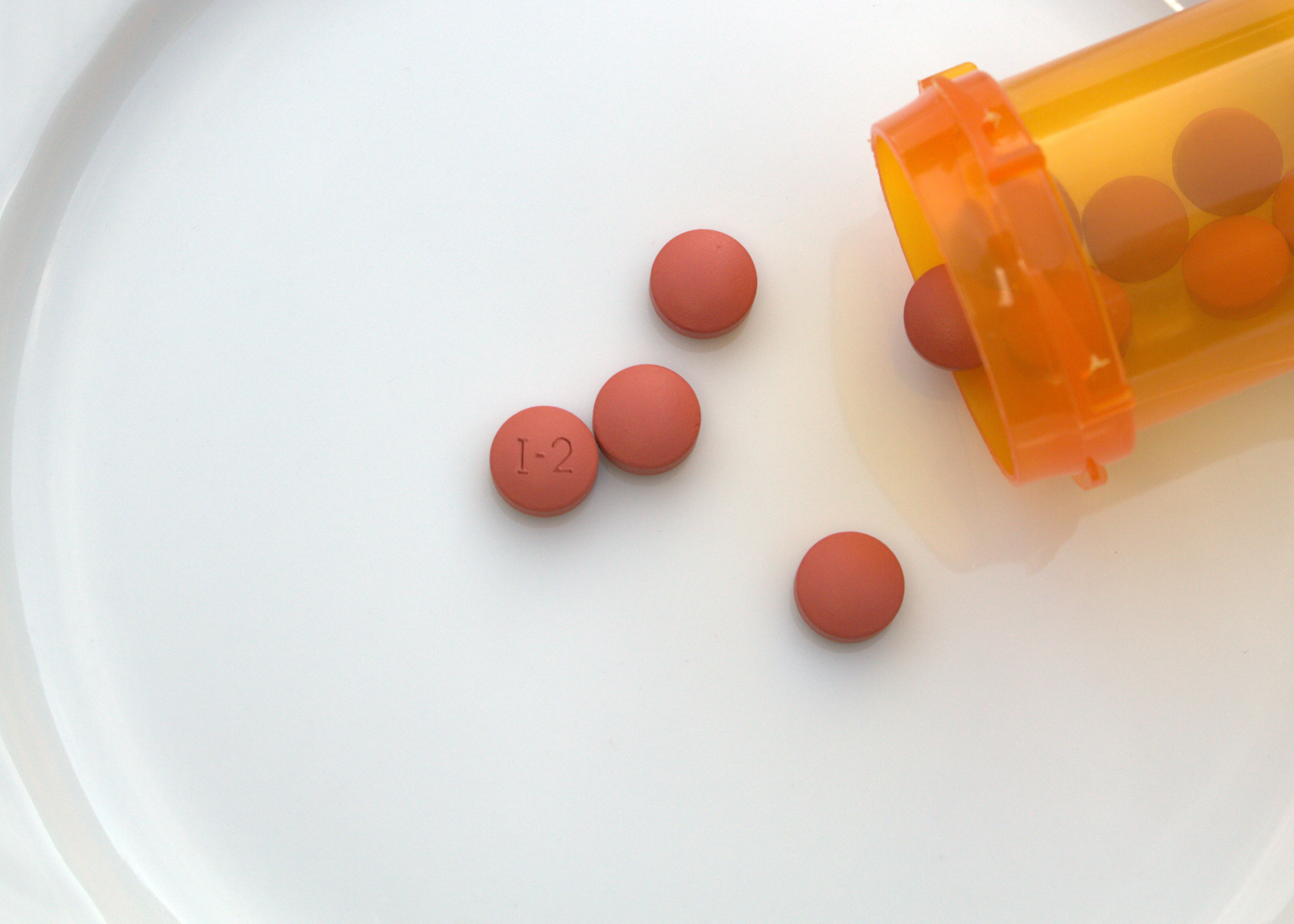Home » How Long Does Ativan Stay in Your System?
How Long Does Ativan Stay in Your System?

Ativan (lorazepam) is a medication used to treat anxiety. It is a type of drug called a benzodiazepine, which helps to calm your brain and nerves. Because Ativan slows down your central nervous system, it can be dangerous if mixed with other depressants or alcohol. This can cause serious problems, like trouble breathing and means it’s essential to know how long does Ativan stay in your system if prescribed this medication.
What Is Ativan?
Ativan, or lorazepam, was first approved for prescription use in 1977, with the generic version following in 1985. Lorazepam comes in different forms: an oral tablet, a liquid taken by mouth, and a liquid injection. In emergencies, doctors may use lorazepam injections to treat severe seizures or psychosis.
Lorazepam, like other benzodiazepines, can be misused. It affects GABA (gamma-aminobutyric acid) receptors in the brain, similar to how alcohol works. This makes lorazepam helpful for managing alcohol withdrawal symptoms but also creates a relaxed, euphoric feeling. Because of this, people with alcohol use disorder or those at risk for substance abuse may become addicted to benzodiazepines.
Lorazepam acts quickly, providing fast relief, but it also leaves the body quickly. It is meant for short-term or as-needed use. The body can develop a dependence on lorazepam quickly, and it should not be taken for more than four months without close supervision from a doctor.
Chemical Makeup
Lorazepam belongs to the benzodiazepine class of drugs. Its chemical name is 7-chloro-5-(2-chlorophenyl)-3-hydroxy-1,3-dihydro-2H-1,4-benzodiazepin-2-one. It works by enhancing the effects of the neurotransmitter GABA (gamma-aminobutyric acid) in the brain, which slows down brain activity and helps reduce anxiety and seizures.
Uses
Ativan is primarily used to treat anxiety disorders. It can also be used for:
- Short-term relief of anxiety symptoms
- Sedation before surgery
- Treating severe seizures or status epilepticus
- Managing alcohol withdrawal symptoms
Effects
The effects of Ativan include:
- Calming: Ativan helps reduce feelings of anxiety, making you feel more relaxed and at ease. This can be especially helpful during stressful situations or panic attacks.
- Sedation: Ativan can make you feel sleepy and drowsy. This is why it is sometimes used before surgery to help patients relax and sleep.
- Muscle relaxation: Ativan helps relieve muscle tension and spasms, making it useful for conditions that cause muscle pain or tightness.
- Anti-seizure: Ativan is effective in preventing and controlling seizures. This makes it a critical medication for people with seizure disorders or for those experiencing severe withdrawal symptoms from alcohol.
- Euphoria: Some people may feel a sense of euphoria or intense happiness when taking Ativan, which can contribute to its potential for abuse.
- Impaired coordination: Ativan can affect your motor skills and coordination, making activities like driving or operating machinery dangerous while under its influence.
- Memory problems: Ativan can cause short-term memory loss, especially when used in high doses or for extended periods.
- Dizziness: Feeling lightheaded or dizzy is a common side effect of Ativan, which can increase the risk of falls or accidents.
- Dependence and withdrawal: With regular use, your body can become dependent on Ativan, leading to withdrawal symptoms when you stop taking it. These symptoms can include anxiety, tremors, and in severe cases, seizures.
While Ativan can be very effective for its intended uses, it also has potential side effects. Because of its potential for abuse and dependence, it should be used carefully and only under a doctor’s supervision. If you experience any severe side effects or signs of an allergic reaction, such as rash, itching, or trouble breathing, seek medical help immediately.
How long does lorazepam last?
How Long Does Ativan (Lorazepam) Last?
How long does Ativan last, then? Even though lorazepam works quickly, it stays in your body for a while. The half-life of lorazepam is about 12 hours, but some parts of the drug can be found in the body for more than 18 hours using certain tests.
Benzodiazepines, like lorazepam, can have different onset times. Short-acting ones, such as Ativan, take effect faster than long-acting benzodiazepines. However, the effects of short-acting benzodiazepines also fade sooner than that of longer-lasting ones.
How Long Does Ativan Take to Kick In?
Ativan starts to work quickly. Most people begin to feel its calming effects within 20 to 30 minutes after taking it. This makes it useful for situations where quick relief from anxiety is needed. For example, if you are experiencing a panic attack or severe anxiety, taking Ativan can help you feel calmer and more relaxed in a short amount of time. Because it acts fast, Ativan is often prescribed for acute anxiety episodes or before medical procedures to help people stay calm.
Factors that can influence how quickly Ativan works include:
Stomach contents: Taking Ativan on an empty stomach can lead to faster absorption and quicker effects. Conversely, if you take it with food, especially a large meal, it might take longer to feel its effects.
Dosage: Higher doses can result in quicker and more pronounced effects, although this also increases the risk of side effects.
Form of medication: Ativan comes in various forms, including tablets, liquid, and injections. Injections tend to work faster than oral forms because they enter the bloodstream directly.
Individual differences: Age, weight, metabolism, and overall health can affect how quickly you feel the effects of Ativan.
How Long Does Lorazepam Take to Peak?
The duration of lorazepam’s effects can vary based on the dose taken, although effects usually peak after two hours.
Lorazepam .25mg how long does it last
This low dose may provide relief for about 6 to 8 hours.
Lorazepam .5mg how long does it last
This moderate dose typically lasts around 8 to 12 hours.
Lorazepam 1mg how long does it last
This higher dose can last from 12 to 24 hours, depending on the individual’s metabolism and how their body processes the drug.
How Long Does Lorazepam Take to Wear Off?
Lorazepam typically starts to wear off within 6 to 8 hours after taking it. This means that the noticeable calming and sedative effects usually diminish within this time frame. However, the duration of these effects can vary based on several factors:
Dosage: Higher doses of lorazepam may produce effects that last longer than lower doses.
Metabolism: Individual differences in metabolism can influence how quickly the drug is processed and eliminated from the body. People with faster metabolisms may feel the effects wear off more quickly.
Frequency of use: Regular use of lorazepam can lead to accumulation in the body, potentially prolonging its effects.
Age: Older adults may metabolize lorazepam more slowly, resulting in longer-lasting effects.
Even though the calming effects of lorazepam may wear off within hours, the drug itself remains in your system for a longer period. This is important to consider, especially if you are undergoing drug testing or need to be aware of how long the medication could potentially affect your body.
Detection Times
Even after the noticeable effects of Ativan wear off, it can still be detected in your body through various tests. Detection times can vary based on factors like your metabolism, the amount taken, and how long you have been taking the medication. Here are some general detection times for lorazepam:
Blood: Lorazepam can be found in blood for up to 3 days after the last dose. Blood tests are typically used in medical settings or legal cases to determine recent use.
Urine: Lorazepam can be detected in urine for up to 6 days. Urine tests are commonly used in employment screenings and other drug testing programs.
Hair: Hair tests can detect lorazepam for up to 30 days or longer. Hair testing can provide a long-term history of drug use and is often used in forensic and workplace testing.
Saliva: Lorazepam can be found in saliva for up to 8 hours. Saliva tests are less common but can be used for quick, non-invasive screening.
Factors that can affect detection times include:
Frequency and duration of use: Regular or long-term use can extend detection times.
Body composition: Body fat and muscle mass can influence how long lorazepam stays in your system.
Hydration levels: Being well-hydrated can help your body eliminate drugs more quickly.
Health conditions: Conditions affecting the liver or kidneys can slow down the elimination of lorazepam from the body.
Understanding these detection times is important for anyone undergoing drug testing or managing their use of lorazepam. If you are concerned about detection times or the effects of lorazepam, consult with a healthcare professional.
Ativan Half Life
A drug’s half-life is the time it takes for half of the drug to be eliminated from your body. Ativan has a half-life of roughly 12 hours. This means that after 12 hours, half of the dose you took is still in your body. It usually takes about 5 to 6 half-lives for a drug to be mostly cleared from your system. For Ativan, this means it takes 2 to 3 days to be mostly eliminated from your body.
Ativan Withdrawal
When you stop taking Ativan, your body may experience withdrawal symptoms because it has become used to the drug. Withdrawal can be uncomfortable and sometimes dangerous, which is why it’s important to do it under medical supervision.
Timeline
The timeline for Ativan withdrawal can vary based on how long you have been taking the drug and how much you have been using. Here is a general timeline for withdrawal symptoms:
- First 24 hours: Mild symptoms such as anxiety and trouble sleeping may start to appear. You might also feel irritable and restless.
- Days 2 to 4: This is usually when symptoms peak. You might experience strong cravings for the drug, increased anxiety, sweating, shaking, nausea, and headaches.
- Days 5 to 14: Symptoms begin to lessen, but you might still experience some anxiety and sleep disturbances. Physical symptoms like shaking and nausea should start to improve.
- After 2 weeks: Most physical symptoms should be gone, but some emotional and psychological symptoms like anxiety and cravings might persist and need additional support.
Withdrawal Timeline
Managing withdrawal from Ativan should be done with the help of a healthcare professional. They can provide medications to help ease symptoms and offer support throughout the process. Here are some ways to manage withdrawal:
- Medical supervision: A doctor can monitor your progress and help manage symptoms safely.
- Tapering off: Gradually reducing the dose of Ativan under a doctor’s guidance can help minimize withdrawal symptoms.
- Medications: Certain medications can help manage anxiety, nausea, and other withdrawal symptoms.
- Therapy: Counseling and therapy can provide emotional support and strategies to cope with withdrawal.
- Support groups: Joining support groups can provide encouragement and help you feel less alone during the withdrawal process.
If you are considering stopping Ativan, it is crucial to do so under a doctor’s care to ensure the process is as safe and comfortable as possible.
Get Compassionate Withdrawal & Addiction Help at Gratitude Lodge
If you or a loved one have been abusing any kind of medication like Ativan, we can help you fight back at Gratitude Lodge. We have luxury rehabs in Long Beach and Newport Beach, CA, dedicated to your whole-body recovery.
A tapered reduction in dosage during supervised detox at Gratitude Lodge makes Ativan withdrawal safer and easier. You can also get 24/7 clinical and emotional care to streamline the withdrawal process. After about one week, you’ll be ready to move into ongoing inpatient treatment at one of our beachside treatment centers.
Inpatient treatment at Gratitude Lodge accounts for the unique nature of all addictions by offering personalized treatments, such as:
- Talk therapies
- Medication-assisted treatment
- Counseling
- Group therapy
- Family therapy
- Holistic treatments
- Aftercare
Call our recovery experts today for immediate assistance at 800-994-2184.
Want to learn more?
Browse Topics
- ADDERALL ADDICTION
- ADDICTION
- ADDICTION AND HOLIDAYS
- ADDICTION NEWS
- ADDICTION RECOVERY
- ALCOHOL ABUSE
- ALCOHOL ADDICTION
- ALCOHOL AND DRUGS
- DRUG ADDICTION
- DRUG AND ALCOHOL DETOX
- DRUG USE
- FAMILY SUPPORT
- LONG BEACH ADDICTION
- LONG BEACH OPIOID EPIDEMIC
- MARIJUANA RECOVERY
- MEDICAL DETOX
- MENTAL HEALTH
- OPIOID EPIDEMIC
- PETS AND MENTAL HEALTH
- RECOVERY
- RECOVERY GUIDANCE
- REHAB
- SOCIAL ISOLATION
- SUBSTANCE ABUSE
- VICODIN ADDICTION

Not finding what you’re
looking for?
Recent Articles

Everything You Need to Know About Farmapram & the Risks of Mexican Xanax Bars
Begin your journey
to recovery.
team of dedicated, expert staff.





